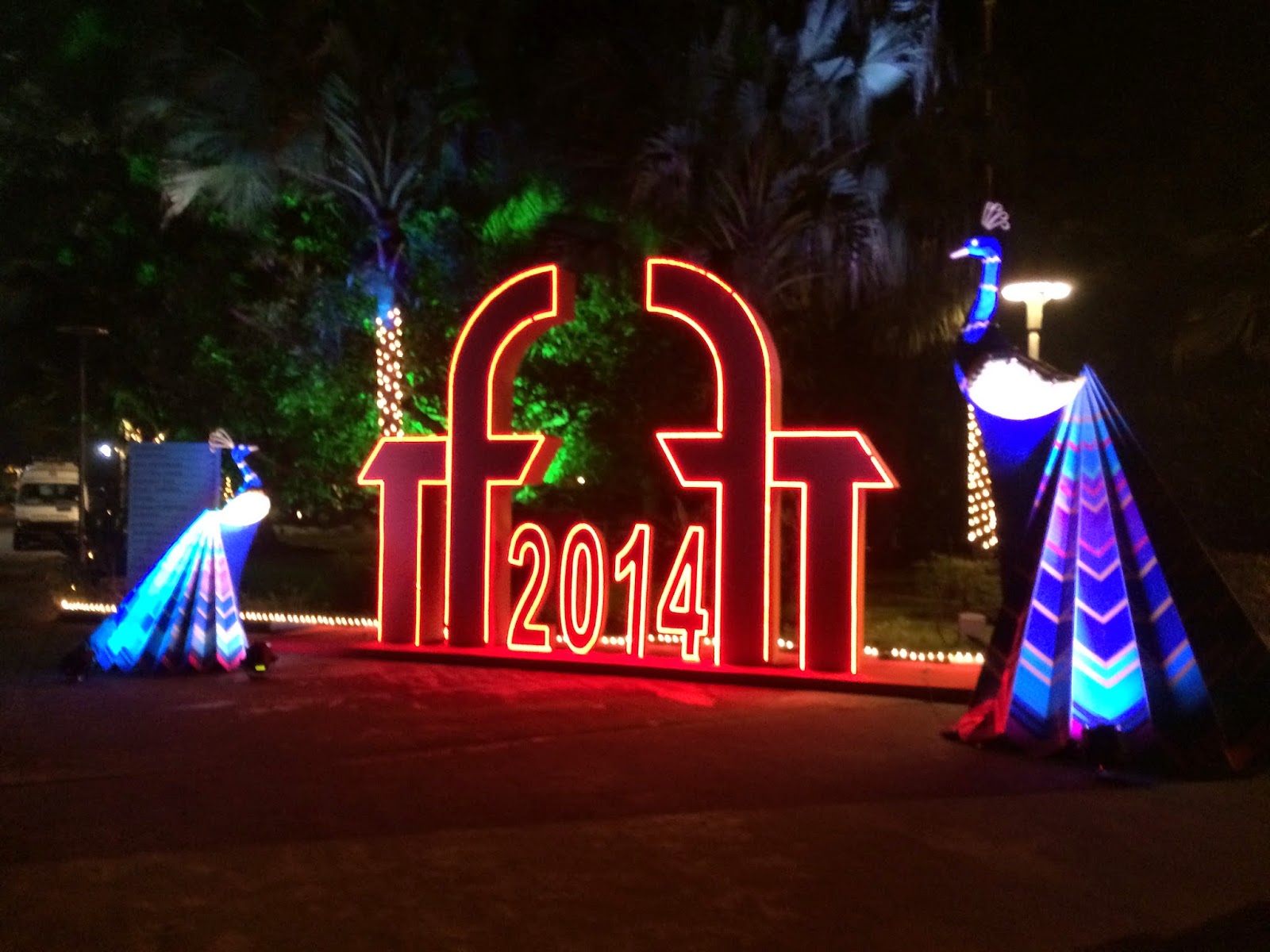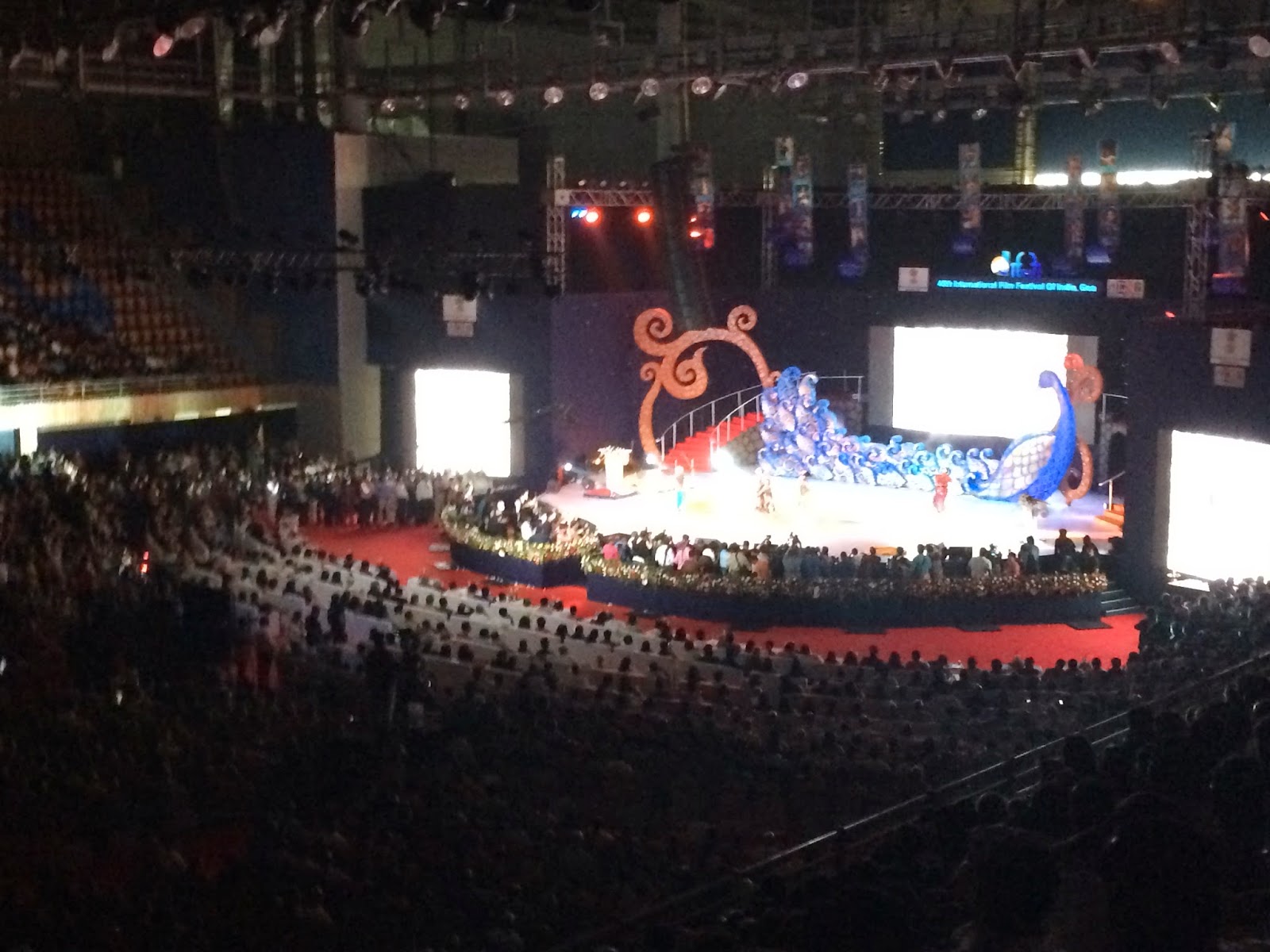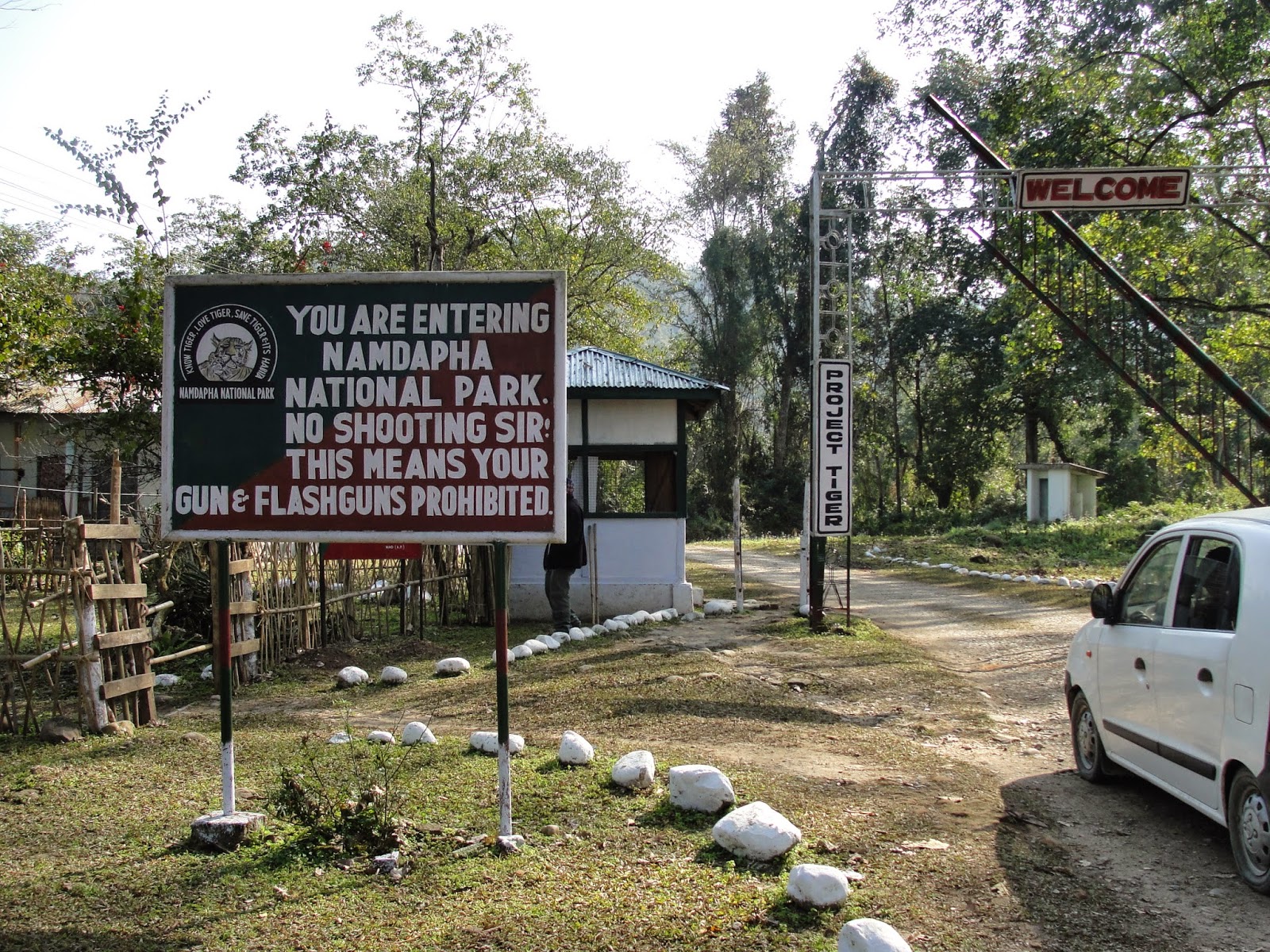Elections for
Assemblies of Maharashtra and Haryana and a host of bye elections have just
concluded. The first few results have started pouring in. The opinion polls had
projected BJP as the largest party in the two States of Maharshtra and Haryana The trends for
incoming results by and large confirm to the picture projected in the opinion
polls. The successful conduct of these Elections, which were keenly contested
with rival parties indulging in strong war of words, is another tribute to the
professional management of Election exercises by the Election Commission of India (ECI).
 |
| Electors queuing at A Polling Booth |
 |
| Enthusiastic Women Electors at a Polling Booth |
For large number of
serving and ex Civil Servants and others in Govt. jobs every election
brings back nostalgic memories of numerous election related experiences. Officers
of State and All India services get involved in the process of elections from
early stage as Returning Officers and substantial number gradually climb up to
the ranks of Addl. Chief Electoral Officers/ Chief Electoral Officer of
respective States. In between there are several occasions when Election
Commission of India
(ECI) requires officers to perform observer duties during elections in other States for functioning as Observers.
On every such occasions there are fair number of instances
when the electors express gratitude for the stringent setup under Election laws
and instructions of ECI which ensures free and fair elections. At times there
are also allegations of bias raised by stakeholders who feel that results of
elections are not as per their expectations. The complaints arise due to lack of knowledge on procedural aspects covering process of conduct of Elections, which has seen a sea change in past three decades.
My interaction with Election work started as a
Returning officer (RO) for Municipal / Legislative Council Elections in Delhi in early 80s . Thereafter several elections and observer duties followed. I also had opportunity to work as Chief Electoral officer for Goa. During these 30 odd years I got an opportunity to see evolution of this great system. In the earlier times the logistic arrangements for elections were mostly
overseen solely by the District authorities. Resourcefulness of the RO in
securing various logistic requirements from District Administration and the
management abilities made substantial difference The tenure of TN Sheshan the 10th Chief Election Commissioner (1990-96) saw a complete turn around in Election management procedures by injecting
discipline and professionalism in all aspects of management of Election process. In subsequent
years the Election Commission has standardized every stage of this exercise. The security aspect is closely coordinated and monitored by ECI. In
order to ensure free and fair polls. Role of local police has been minimized to obviate any chances of interference.
All important security aspects especially those pertaining to sensitive polling
stations, EVM storage and Counting of votes are looked after by Central
Paramilitary Forces which are requisitioned and deployed in coordination with
Ministry of Home affairs.
The Elections to
State Assemblies and Parliament are conducted under control and supervision of
Election Commission of India under the statutory provisions of Representation of People Act and Conduct of Elections Rules besides
other similar legislations enacted by the Parliament and State Assemblies. For
ensuring free participation of all eligible voters the Election Commission
conducts revision of Voters list periodically and through special revisions
prior to Elections. In recent years many innovative strategic changes have been
brought in to ensure filtering out the names of dead and shifted voters from
the voter’s list and also to eliminate any duplicate entries through a
standardized software. The concept of BLO (Booth Level Officer) has been evolved
where a subordinate Govt official has been designated as permanently attached
to every polling booth for ensuring preparation of electoral rolls with maximum
refinement. Even Political parties have been encouraged to nominate their
functionaries for coordinating with BLOs. After preparation of Electoral Rolls
the ROs are required to take up detailed
statistical analysis of polling station wise details of voter statistics by sex
ratio of electors, age profile of electors , voter population ratio
etc. . The analysis helps in locating aberrations or inconsistencies in the voter lists and facilitates removing of any
possible shortcomings. For last few years maximum participation of electors is
being ensured through initiative known as SVEEP ( Systematic Voter Education and
.Electoral Participation). All District Magistrates are under instructions to hold
publicity campaigns in times of poll and also periodically during intervening
periods for ensuring maximum voter participation.
Ensuring smooth process
flow for filing of nominations after notification of elections is the next
stage. For nominations ECI has elaborate formats for affidavits and furnishing
of details ensures that all essential information which can help the elector in
selection of candidates is captured and publicized. The returning officers have
also to ensure that all affidavits and nominations are promptly uploaded on ECI
website to ensure wider dissemination of information. Instructions of ECI also
ensure that process of nominations is completed with decorum. A candidate
cannot bring more than prescribed number of persons along with him. When the
nomination process is over the Elections move to campaigning stage.
 |
| A campaign party with campaign Vehicles |
Campaigning phase is
to be handled by Returning Officers with utmost precaution and elaborate observance
of all instructions regarding restrictions on campaign vehicles, sharing of
expenditure for rallies, use and landing of helicopters etc. are to be strictly
ensured. There have been instances where VIP campaigners had to cut short or
cancel campaigns on instructions of election authorities. Model Code of Conduct which is a much cited document is a non statutory document which ensures level
playing field during elections. It provides instructions regarding precautions
to be taken by Political parties during campaign period. Generally instances of
violations do not lead to prosecution or disqualifications but even senior
politicians and occasionally ruling party have to face admonition of ECI for
violations. Despite of absence of stringent punishments this is not a toothless
mechanism. Model Code of Conduct has over the years acquired a moral sanctity,
which ensures that the language of campaigning and actions of ruling party do
not vitiate the political atmosphere. It is this unique document, which
restrains the party in power from bribing the voters by offering allurements or
making misuse of official machinery.The rules lay down specifications for number and size of campaign vehicles and movement of convoys for campaigning.
The system of
Observers deployed by ECI who are picked up from IAS /IPS and host of allied
services from other States provide another mechanism for ensuring fairness of
the whole process. While General Observers look after the procedural and
statutory aspects, the Police Observers are concerned with deployment of forces
and training of Police Personnel. Expenditure observers drawn from Revenue
Services keep track of all election related expenses in order to ensure that candidates
with money power do not hijack campaigning.
 |
| Training Of Staff by ARO |
The General observers arrive in the
Constituency on the last date of nominations. They have to oversee all aspects
of electoral process till announcement of Election results. Overseeing training of all categories of staff and preparation of EVMs is the task to be attended to most sincerely since any laxity at this stage can have repercussions during Polling and Counting. The tenure of
Expenditure observers is further extended after elections since candidates need
time to complete the accounts. Expenditure observer's job has become more
challenging in recent times due to involvement of social media and adoption of innovative covert procedure for publicity .The institution of
observers has evolved over the years as the strongest bulwark against attempts
to circumvent the process of law during elections. All observers work in close
coordination periodically reporting to ECI.
The job of observers
is quite tough. Right from the day of arrival in the Constituency the observers are
under scanner and each action is watched by Political Parties. The stay in
constituency for 30 odd days is challenging since odd situations keep cropping
up due to complaints and cross complaints and the observers have to take spot
decisions for ensuring fairness of Poll process. Sometimes these upright
actions also involve reporting laxities on part of local administration and
local politicians of influence. Observers are expected to not to accept any undue
lavishness in hospitality. There have been instances where officers utilizing
the opportunity for site seeing or other favours by the District Administration had to be shifted in mid course
since ECI maintains strict watch on conduct of observers through it’s independent
channels also.
 |
| Election staff Training of Staff |
 |
| Training for counting Staff |
An interesting
feature of Election related responsibilities is process of randomization
followed at every stage. The Polling parties i.e. the team of officials
assigned to Polling Stations are constituted by picking up employees from
database of employees prepared in advance by randomized draw in presence of all
Observers and Political Parties. This ensures that employees comprising a team
are from different background. The allotment of Polling Stations to Polling
Parties is done again by similar randomization process. This exercise is done
just on day of Poll or one day in advance before the Polls in order to maintain secrecy
about identity of officials assigned to a locality. Similar process of
randomization is followed for deployment of Police personnel at various Polling
Stations .
In recent years the
Electronic Voting Machine (EVMs) have become the backbone of Elections. EVMs
were first deployed in one of the State Assembly Elections in Goa on trial
basis in late eighties. (Goa was chosen as trial venue due to compact size of
the State and Electors being educationally advanced). On successful performance
in trial run these machines came to be deployed in all elections to State
Assemblies and Parliamentary Elections. When the EVMs had not been introduced the
ROs had to get the huge quantity of ballot papers printed at security press . Each
of the ballots (total being in Lakhs) had to be checked before taking over from
press . Large armies of Election staff remained stationed at Govt. Press for
this exercise. Since there used to be large number of candidates in those (due
to meager security deposit required from candidates in those days), sometimes
the ballot paper was of the size of a newspaper. The traditional ballot boxes had
become redundant over years and special
sized tin containers came to be used as
ballot boxes.The counting process was cumbersome since each ballot had to be
individually counted after ensuring that the agents of polling parties seated
on counting table have seen as to which candidate’s symbol had been cross
marked by the voter. The counting normally continued till late night. In case
there was a demand for recount then the whole exercise would be started afresh.
There are instances where counting continued for forty eight hours at a strech. All that
madness has been put to rest with introduction of EVMs.
The EVMs are comprised
of two components .One is the balloting Unit and other is the Memory Unit. Each
unit has a unique ids . Prior to Elections each
machine is subjected to
thorough testing and thereafter machines are stored in strong room and sealed. For
allocating machines to a particular Polling Station again a process of
randomization is followed with help of computers . The process of allocating
EVMs to different Polling Stations is witnessed by Observers and candidates. The
transportation and storage of EVMs is done under heavy security. After the
Elections are over and counting has been done the
 |
| Preparation Of EVMs for voting |
EVMs are kept sealed and
secured for six moths with Data intact in order to ensure that if any
litigation crops up the data can be retrieved. There are elaborate protocols for
tackling situations where data from a particular EVM cannot be retrieved during
counting. Counting is concluded with remaining data if the votes in the
particular EVM are less than the margin of votes between leading candidates. If
the number is higher a repoll may be ordered for the Polling Station, which was
covered by the defective EVM. When there is a problem during polling process
due to malfunctioning of EVM then replacement EVM is used. A repoll can be
ordered if there is substantial time lost in replacement. In a nutshell
deployment of EVM and tackling the issues arising due to malfunction is also
done in systematic manner through well laid down protocols
 |
| Counting of Votes |
For the day of Poll
elaborate instruction are there for ensuring that the candidates do not indulge
into campaigning in proximity of polling Stations. All campaigning comes to
stop 48 hours before the Polls. For the poling day there are restrictions on
entry of persons other than candidates and agents at the polling stations. All
star campaigners i.e. the senior party functionaries coming for campaign period
have to leave the constituency at the end of campaigning period. At the time of
Polls every voter has to sign his name and id details in a register known as
Register of Electors. This exercise ensures that there is no attempt for booth
capturing and mass bogus voting. After the day of Polls detailed statistical
information regarding voter turnout is prepared and analyzed. Wherever the
percentage turnout of voters is not in line with the overall constituency
average or if there are some serious complains pertaining to conduct of Polls ,
the various records pertaining to polling including voter’s Register (except
for EVMs-which are stored separately) are analyzed to rule out chances of
manipulations.
The counting data is transmitted online . There are various formats relating to preparation of final results. The software after processing of data feed generates the final output. Under this arrangement now there is a system of continuous update at the ECI website .Counting results start pouring in from midday and barring a few seats results are known by evening time. Results for all the Constituencies can be viewed continuously at the ECI website.The website shows trends as well as final results. The results are available party wise as well a State wise.
With so much of transparency and checks and balances being in place the stakeholders have little cause for any complaints. There are rare occasions of attempts by political masters for settling scores with unbending officers after the Electoral process is over but the silver lining is that the Senior Officers deployed for Election work are deemed to be on deputation to the ECI during Elections and every good performer is duly appreciated by ECI.












































